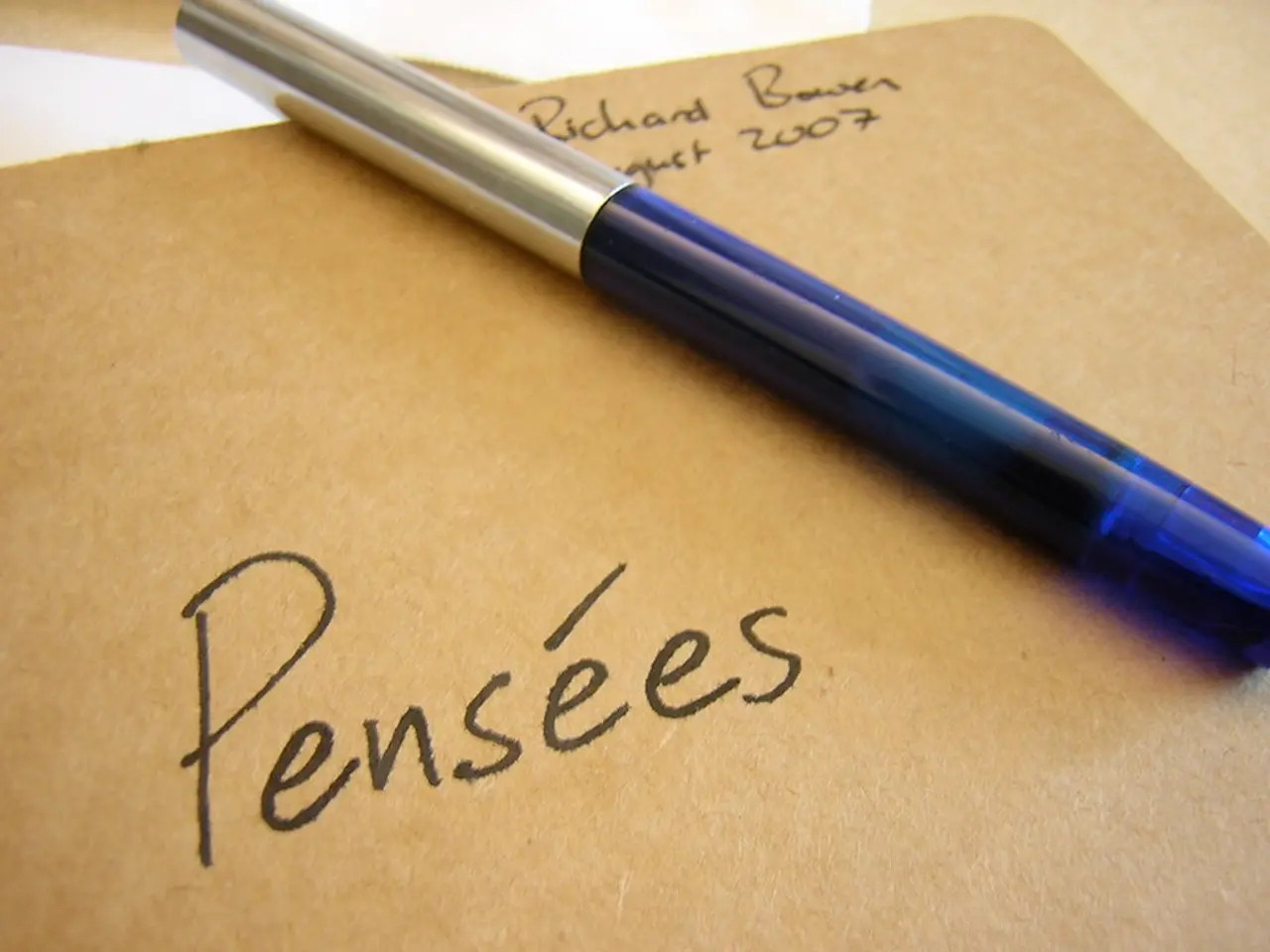Essential Tools for Authors with Neurodiverse Backgrounds
In the world of writing, maintaining focus and managing executive functions can be a challenge for those with neurodivergence, such as ADHD. However, there are a plethora of digital tools and resources available to help overcome these obstacles and boost productivity.
One useful post can be found on Creatively ADHD on Substack, a platform dedicated to providing insights for neurodivergent writers. Making writing into a game, breaking down large projects into smaller chunks, and utilizing visual aids are strategies that have proven effective.
The ADHD Specialist Task System™ notebook is a valuable tool that externalizes executive functions, reducing working memory overload common in ADHD. Digital brain dumps and task lists, such as those found in Google Docs or Post-It apps, can also be beneficial, as they allow for prioritization and scheduling using calendar apps like Google Calendar.
AI-powered task management and planning tools, like those offered by various apps, can break down overwhelming tasks into smaller, manageable steps, offload working memory, and provide structure without stifling creativity. Resources and blogs focusing on ADHD brains often provide consistent routines, self-advocacy skills, and community support, emphasizing repetition and manageable accountability to build executive functioning skills.
Educational webinars and podcasts for executive function, aimed at teaching skills to teens and adults with ADHD, can provide actionable supports, routine-building strategies, and reinforcement methods that benefit writers struggling with organization and time management.
Texting ideas to oneself, using tools like Otter.ai for recording and moving between devices, and finding one's highest focus times can also contribute to increased productivity. A dedicated writing environment, such as FocusWriter or the Forest app (a Pomodoro timer with visual aids), can boost productivity as well.
For co-working sessions, FocusMate and FocusWriter are useful tools. Rebecca Makkai's Writing With ADHD Substack and Tamara Rosier's book "Your Brain's Not Broken" offer additional insights on motivation and energy for ADHD minds.
Remember, progress over perfection is a productive strategy for neurodivergent writers. Prioritizing self-compassion can help overcome challenges associated with a neurodivergent brain. Regular exercise can improve focus for longer periods of time, and writing during the dopamine window can increase productivity.
Neurodivergent writers can find community and support on platforms like Facebook and the Neurodivergent Writers & Artists Discord. Jenny Hansen, co-founder of Writers In the Storm (WITS), a top website for writers recognized by Writer's Digest, is a resident writing coach, LinkedIn coach, and copywriter for financial services firms. She can be found on Writers In the Storm, Facebook, and Instagram.
In conclusion, by externalizing the internal management of tasks, supporting focus and consistency, and breaking down complex writing projects into simpler, manageable pieces tailored to neurodivergent needs, these digital tools and resources can significantly enhance the writing experience for neurodivergent individuals.
- The Creatively ADHD blog on Substack offers useful tips for neurodivergent writers, suggesting strategies like making writing into a game, breaking down projects, and using visual aids to boost productivity.
- The ADHD Specialist Task System™ notebook serves as a valuable tool for externalizing executive functions, reducing the overload on working memory often experienced by individuals with ADHD.
- AI-powered task management tools, such as those offered by various apps, can help break down overwhelming tasks into manageable steps, offload working memory, and provide structure without stifling creativity.
- Educational resources like webinars and podcasts focused on executive function can provide actionable supports, routine-building strategies, and reinforcement methods beneficial for writers with ADHD.
- Neurodivergent writers can find community, self-compassion, and additional insights on productivity from platforms like Facebook, the Neurodivergent Writers & Artists Discord, and dedicated writing coaches like Jenny Hansen, a resident writing coach at Writers In the Storm.




